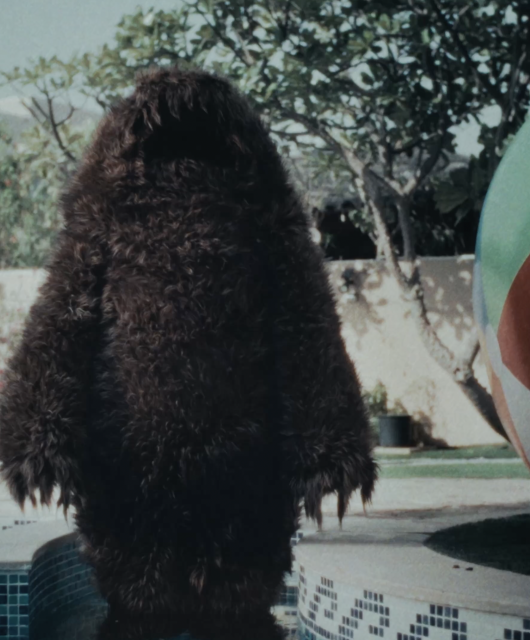Burberry Launches ‘Reburberry Edit’ Made From Innovative Materials, And Global Roll Out Of Sustainable Product Labelling
-
Launch of ‘ReBurberry Edit’ of 26 styles from the SS20 collection, all made from the latest innovations in sustainable material science
-
Global roll out of dedicated sustainability labelling for key categories, providing customers insight on a product’s environmental credentials
-
As part of truly holistic, product-focused sustainability programme, two thirds of Burberry products now make a positive social or environmental contribution
As part of its industry-leading product sustainability programmes and building on a heritage of innovation, Burberry is launching a curated edit of 26 styles from the Spring/Summer 2020 collection, crafted from the latest sustainable materials used across the Burberry product range. The introduction of the ‘ReBurberry Edit’ coincides with the global roll out of dedicated sustainability labelling across all key-product categories. The labels will, for the first time, provide customers with an insight into the industry-leading environmental and social credentials of the Burberry programme.
Underpinned by a truly holistic product-focused sustainability programme, the new pistachio-coloured sustainability labels inform the customer how a product meets a range of externally assured stringent criteria. Called ‘positive attributes’, these include the amount of organic content or recycled natural fibres used in materials, delivery against carbon emissions standards at production facilities or social initiatives such as workers being paid the living wage or supported through well-being programmes.
Two thirds of Burberry products currently bear more than one positive attribute, with a goal for all products by 2022. Each product in the ReBurberry Edit, along with others across menswear and womenswear RTW, softs and hard accessories bear the pistachio labels. The ReBurberry Edit features a range of eyewear crafted from pioneering bio-based acetate, and trench coats, parkas, capes and accessories created from ECONYL® – a recycled nylon made from regenerated fishing nets, fabric scraps and industrial plastic. These parkas and capes are also made at facilities associated with energy and water reduction, textile recycling and chemical management programmes, while a selection of bags are associated with the use of renewable energy. Additional outerwear pieces in the Edit are made using a new nylon that has been developed from renewable resources such as castor oil, and a polyester yarn made from recycled plastic bottles.
‘At the half-way point of our Responsibility Strategy to 2022, we remain dedicated to delivering tangible progress against our social and environmental targets, and our holistic, product-focused sustainability programmes are central to this. By inviting customers to learn more about the sustainable credentials of our products through our labelling programme, we are helping them to better understand our initiatives and the breadth of the ambition of our Responsibility Agenda. We strongly believe that driving positive change through all of our products at every stage of the value chain is crucial to building a more sustainable future for our whole industry.’ Pam Batty, Vice President Corporate Responsibility, Burberry.
The process of integrating positive attributes into all of Burberry’s products means sustainable sourcing and design principles are embedded throughout the business, making it a shared priority for all Burberry product teams. Progress against Burberry’s Sustainability Agenda to 2022 is published in June of each year in the Company’s Annual Report, with progress across the breadth of the strategy tracking strongly for 2019/2020.







